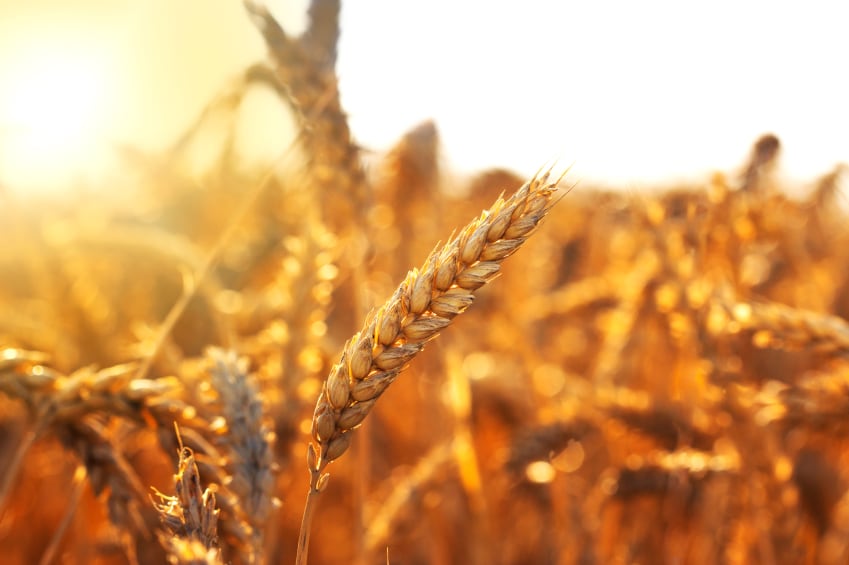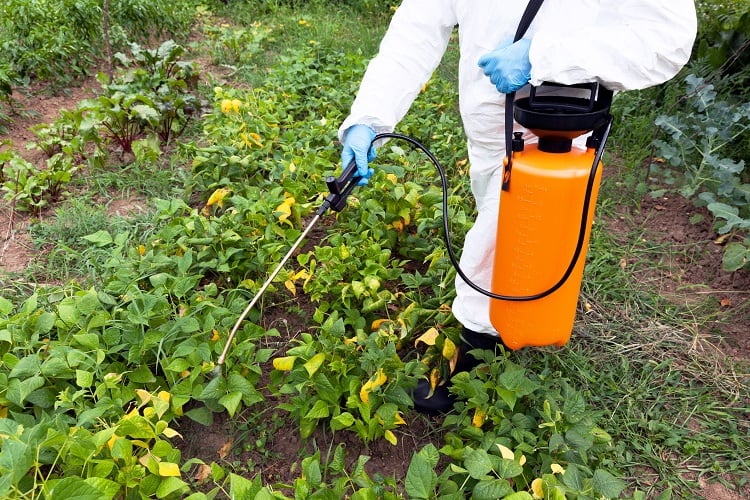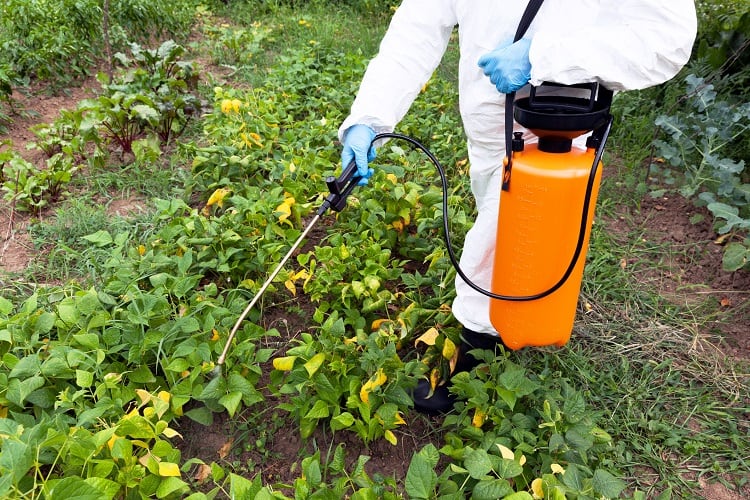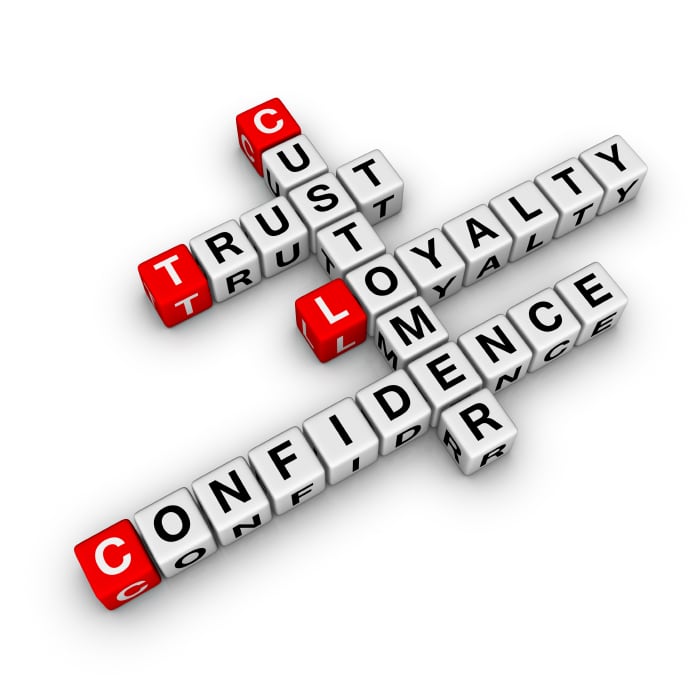Kellogg noted it has been engaging with suppliers about pesticide use, including desiccation with glyphosate, in its ingredient supply chains since before 2017.
“Kellogg originated as a wellbeing company and today continues to be one of the largest plant-based food companies globally. As part of our commitment to upholding our founder’s values, we have leading sustainability commitments and a responsible sourcing programme. We continue to evolve and strengthen our commitment to sustainable agriculture,” a spokesperson for the company told FoodNavigator.
Kellogg acknowledged that ‘some consumers have questions about the use of the herbicide glyphosate’ and its use as a drying agent a few weeks before harvest, particularly with wheat and oats. The company said this practice is done by ‘some farmers in certain circumstances’ – like harvesting the crop more quickly if weather is challenging – but stressed the practice is ‘not widespread’ in its wheat and oat supply chain.
Nevertheless, the cereal-to-snacks giant said it is working with farmers to ‘phase-out’ the use of glyphosate as a drying agent in its ‘major markets’ by 2025. This includes the UK, France, the US, Canada, Mexico and Australia.
“These changes go alongside other pesticide reduction work as part of its Kellogg Origins programme,” the spokesperson said, adding these initiatives benefit both farmers and the environment.
In addition to a focus on glyphosate, Kellogg plans to make ‘pest management and pesticide use’ part of its ‘ingredient materiality assessment’ this year. “This assessment will provide a foundation for future strategies for responsibly sourcing our ingredients,” the spokesperson explained.
The company is also strengthening the Kellogg Grower Survey, a questionnaire designed to help manage compliance and sustainability in their supply chain. It currently includes more than 70 suppliers, with 1,200 plus surveys completed and reviewed each year. The spokesperson said Kellogg is expanding its score by increasing the number of ingredients included and improving data collection on pesticide use. This information will continue to be reported annually as part of the company’s Responsible Sourcing Milestones.
Glyphosate: What’s the big deal?
In Europe, glyphosate was first authorised for use in 1974 by US agribusiness giant Monsanto. Today, Roundup – as it was branded – is one of the most commonly used weed killers across the bloc.
It was re-authorised in late 2017 in a highly controversial decision that ignored a petition signed by 1.3m EU citizens calling for a ban. At the time, 18 Member States voted in favour of the license. This represented a majority of 65.71% of the EU population – just over the 65% threshold required to renew its licence.
BEUC director general Monique Goyens said that the decision contributed to an erosion of trust in EU decision making. “Public controversies around glyphosate, aspartame or bisphenol A have eroded consumer confidence in the way the EU decides what food is safe and what is not.”
Various member states – including France and Germany – have since taken action on a national level to limit or ban the use of glyphosate.
But why does glyphosate attract such controversy?
Whether its use poses a health risk is much debated. In 2015, the World Health Organization’s (WHO) cancer agency, the International Agency for Research on Cancer (IARC), issued a report concluding that glyphosate is ‘probably carcinogenic to humans’.
Subsequent studies by the European Food Safety Authority (EFSA) and the European Chemical Agency (ECHA) have concluded that there is not enough evidence to support the link between glyphosate and cancer risk.
Consumers are also concerned over the environmental impact of the herbicide. According to Friends of the Earth Europe, glyphosate has a detrimental effect on biodiversity, soil health and water quality, as well as adverse consequences for wildlife. In particular, spraying with glyphosate has been linked to declining bee populations.
The US-based Environmental Working Group (EWG), which has been campaigning against glyphosate in cereal products, welcomed Kellogg’s move.
“We applaud Kellogg for working with their suppliers to address the risks posed by glyphosate,” said EWG President Ken Cook. “It’s no surprise that consumers don’t want a controversial weedkiller in their cereal. Now it’s time for General Mills and [PepsiCo-owned] Quaker to listen to their customers and fall in behind Kellogg's leadership and do the same – end this use of this notorious weedkiller.”
EWG commissioned three rounds of laboratory tests on Kelloggs, General Mills and Quaker products in 2018 and 2019. According to the NGO, glyphosate was detected in ‘virtually every sample analysed’ with ‘many’ containing levels of glyphosate ‘far above’ the benchmark of 160 parts per billion that EWG scientists say is safe for children.




